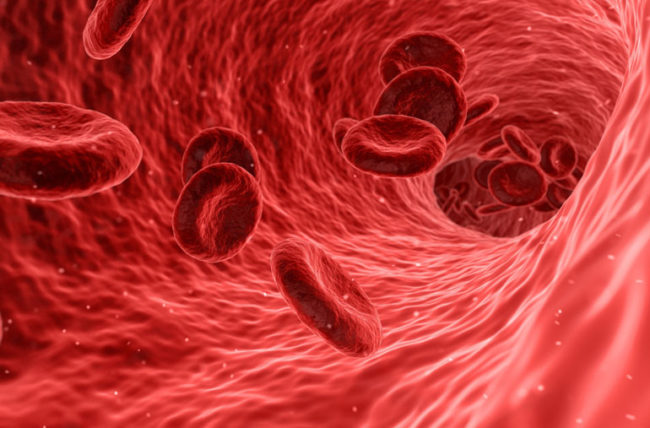Chelation Therapy , if given judiciously and in a supervised manner can provide relief to the Heavy metals over-exposure and/or toxicities and provide Systemic and Subjective improvement in the health conditions associated with such over-exposure and toxicities.
Commonly used medicines for Chelation therapy are Disodium EDTA, Desferrioxamine and DMSA.
Heavy Metals and Heart:
The Heavy Metals (Mainly Calcium, which is an alkaline Earth Metal) form the base of the Atheromatous Plaques in the coronary circulation (blood vessels of heart) and other blood vessels of the body. The plaques deposits in the coronary circulation lead to the blockages and subsequently may lead to the Heart Attack (Myocardial Infarction, Coronary Artery Disease, Ischemic Heart Disease). The blockages in blood vessels of other organs lead to the damage of the respective organs.
For Coronary Artery Disease (The Heart Blockages), there are conventional treatment strategies as Coronary Angioplasty and Coronary Artery Bypass Grafting (CABG) with the routine medical management including antiplatelets, Lipid lowering agents with/without anticoagulants.
For the patients, who are either not fit to undergo the conventional treatments or the ones who have not achieved the relief from the symptoms or the ones who are waiting for such procedures, there are two options available (Singly or in combinations):
- 1. EECP (Enhanced External Counter Pulsation)
- 2. Chelation
Chelation Therapy in Cardivascular Diseases (Blockages):
1. Also known as “ACT” (Arterial Clearance Therapy) or “Bio Chemical Angioplasty” (BCA). Both these terms are not absolute. These terms are used more as the Medical Slangs.


